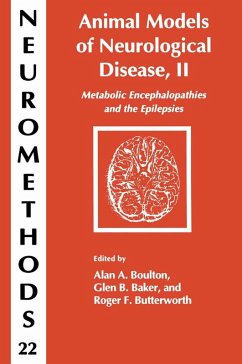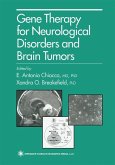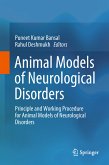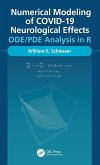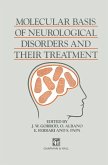to the Animal Models Volumes This and several other volumes in the Neuromethods series will describe a number of animal models of neuropsychiatric disorders. Because of increasing public concern over the ethical treatment of animals in research, we felt it incumbent upon us to include this general preface to these volumes in order to indicate why we think further - search using animals is necessary and why animal models of psychiatric disorders, in particular, are so important. We recognize that animals should only be used when suitable alternatives are not available. We think it self-e- dent, however, that humans can only be experimented upon in severely proscribed circumstances and alternative pro- dures using cell or tissue culture are inadequate in any models requiring assessments of behavioral change or of complex in vivo processes. However, when the distress, discomfort, or pain to the animals outweighs the anticipated gains for human welfare, then the research is not ethical and should not be carried out. It is imperative that each individual researcher examine his/her own research from a critical moral standpoint - fore engaging in it, taking into consideration the animals' welfare as well as the anticipated gains. Furthermore, once a decision to proceed with research is made, it is the researcher's responsibility to ensure that the animals' w- fare is of prime concern in terms of appropriate housing, feeding, and maximum reduction of any uncomfortable or distressing effects of the experimental conditions, and that these conditions undergo frequent formalized monitoring.
Dieser Download kann aus rechtlichen Gründen nur mit Rechnungsadresse in A, B, BG, CY, CZ, D, DK, EW, E, FIN, F, GR, HR, H, IRL, I, LT, L, LR, M, NL, PL, P, R, S, SLO, SK ausgeliefert werden.

